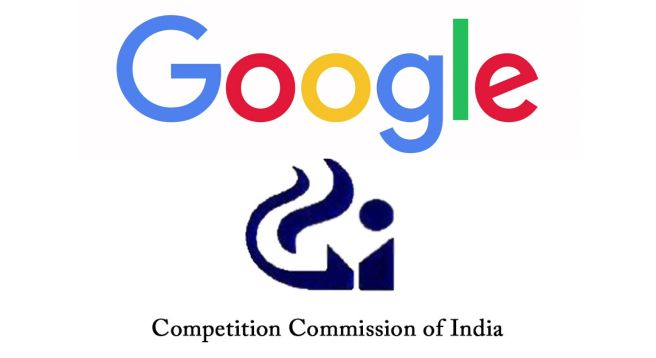Even as pressure in and outside parliament mount on tech companies in India to work out deals with news publishers — akin to Australia — country’s competition watchdog has ordered an investigation into Alphabet Inc.’s Google following allegations from digital news publishers, saying its initial view was that the tech giant had broken some antitrust laws.
In its order on Friday, the Competition Commission of India (CCI) said Google dominates certain online search services in the country and may have imposed unfair conditions on news publishers, Reuters reported from New Delhi.
Google did not immediately respond to a Reuters request for comment.
The complainant, Digital News Publishers Association (DNPA) — comprising the digital arms of some of India’s biggest media companies like Times of India, Hindustan Times, India Today Group, Malyalam Manorma, ABP Network, Jagaran Group and Bhaskar group— said Google denied fair advertising revenue to its members.
“In a well-functioning democracy, the critical role played by news media cannot be undermined,” the CCI order said. “It appears that Google is using its dominant position in the relevant markets to enter/protect its position in the market for news aggregation service.”
News organisations, which have been losing advertising revenue to online aggregators such as Google, have complained for years about tech companies using stories in search results or other features without payment.
The CCI order also mentioned new rules in France and Australia —fuelled by media lobbying and public pressure — that have led to licensing deals around the world collectively worth billions of dollars.
As reported by Indianbroadcastingworld.com earlier, the issue of tech companies like Google, Facebook, YouTube and Twitter not paying the publishers of news adequately or nothing at all has been raised in both houses of the Indian parliament by policy-makers in the last 12 months with the government saying there was no proposal presently to bring in a law mandating revenue share with news publishers by tech companies, a la Australia.
However, Indian news publishers bodies like the Indian Newspaper Society, News Broadcasters’ Association and News Broadcasters Federation have been, reportedly, in talks with tech companies to work out deals similar to those agreed upon by tech companies in Australia and some European countries.
Meanwhile, in its order the CCI observed that it was “satisfied that a prima facie case is made out against the alleged conduct of Google”, which merited an investigation and “Google would have sufficient opportunity to present its case” during an investigation.
“Accordingly, the Commission directs the Director General to cause an investigation into the matter under the provisions of Section 26(1) of the Act. The Commission also directs the DG to complete the investigation and submit the investigation report within a period of 60 days from the date of receipt of this order,” CCI noted.
It added that at this stage, it cannot be denied that by virtue of its “position of strength of its vertically integrated ecosystem which covers not only the markets of Online General Web Search Services and Online Search Advertising Services” but also the online digital advertising intermediation services, Google appears to be a preferred service provider to publishers wanting to offer search and advertising services on their websites.
“The Commission at this stage is prima facie satisfied that, based on the global presence of Google, as adumbrated supra, it can be reasonably inferred that Google occupies a significant position in the market for online digital advertising intermediation services, as well. The investigation would bring out these aspects in detail,” the antitrust body observed.
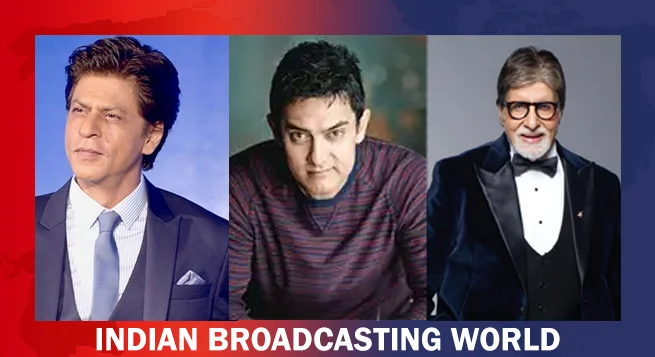 SRK, Aamir, Big B, Ted Sarandos, WPP CEO, MPA chief, other stars, to headline WAVES
SRK, Aamir, Big B, Ted Sarandos, WPP CEO, MPA chief, other stars, to headline WAVES 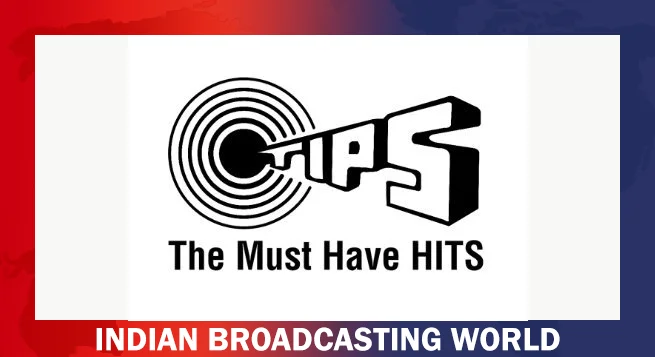 TIPS Music ends FY25 on high note with 29% revenue growth
TIPS Music ends FY25 on high note with 29% revenue growth 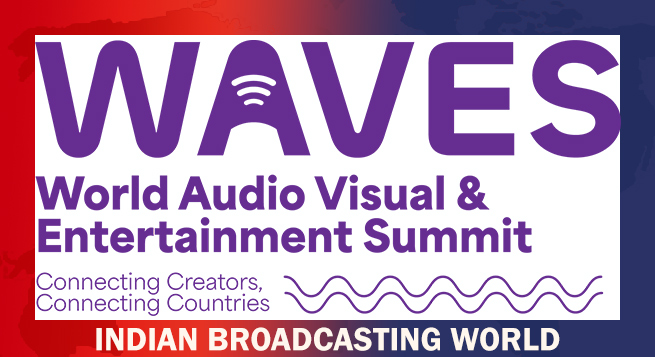 WAVES’ Bharat Pavillion to showcase Indian media’s evolution,culture
WAVES’ Bharat Pavillion to showcase Indian media’s evolution,culture 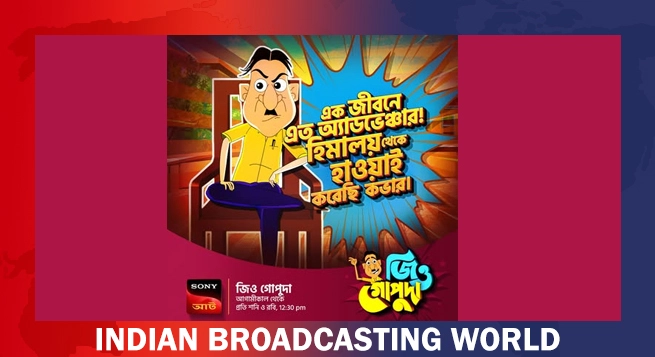 Sony AATH to launch ‘Jiyo Gopuda’ on April 26
Sony AATH to launch ‘Jiyo Gopuda’ on April 26 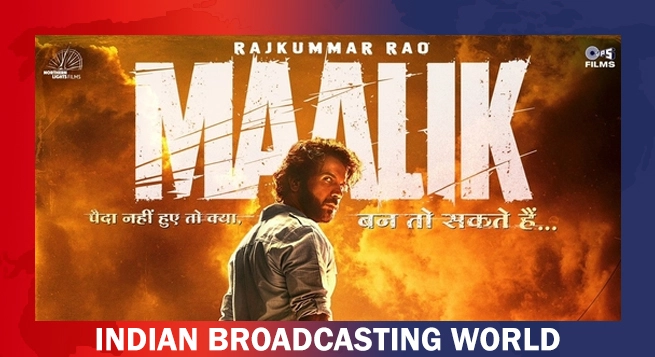 Rajkummar Rao’s ‘Maalik’ gets new theatrical release date
Rajkummar Rao’s ‘Maalik’ gets new theatrical release date 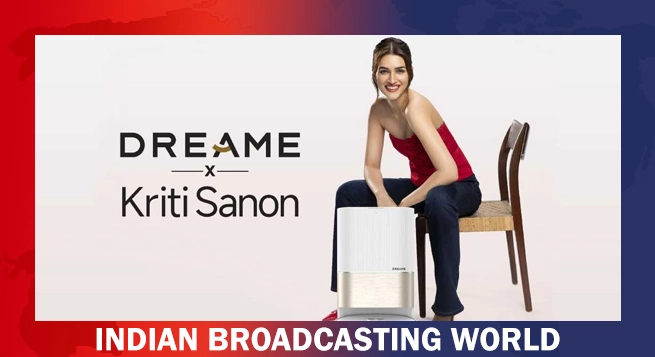 Kriti Sanon joins Dreame as brand’s first-ever ambassador in India
Kriti Sanon joins Dreame as brand’s first-ever ambassador in India 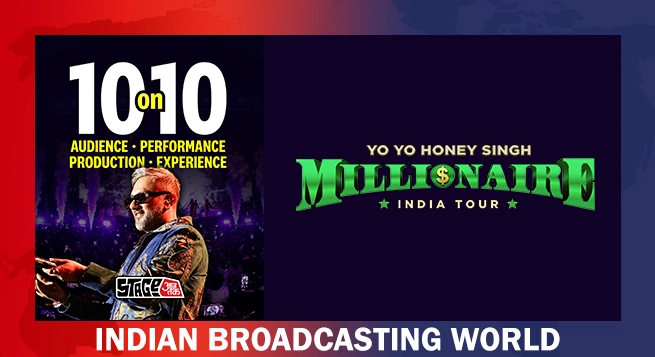 YO YO Honey Singh, Stage Aaj Tak wrap up ‘Millionaire Tour’
YO YO Honey Singh, Stage Aaj Tak wrap up ‘Millionaire Tour’ 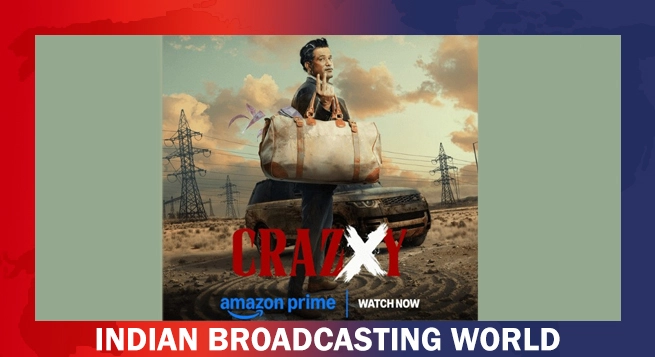 Prime Video announces global premiere for ‘Crazxy’
Prime Video announces global premiere for ‘Crazxy’ 


